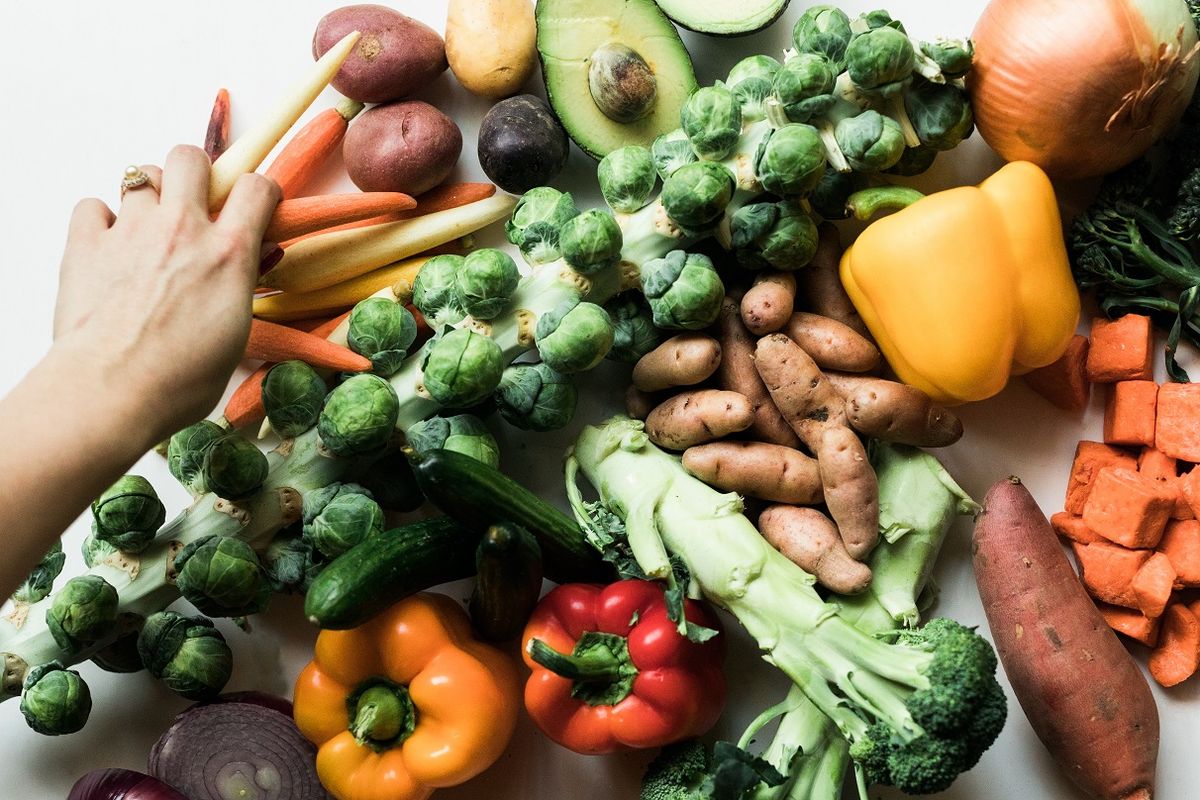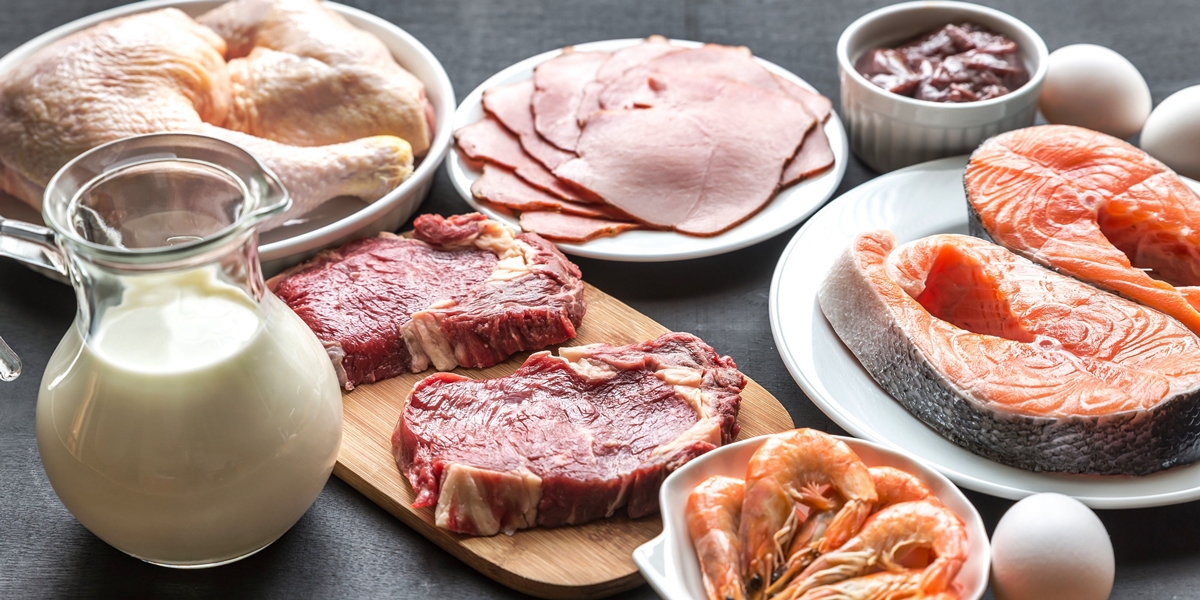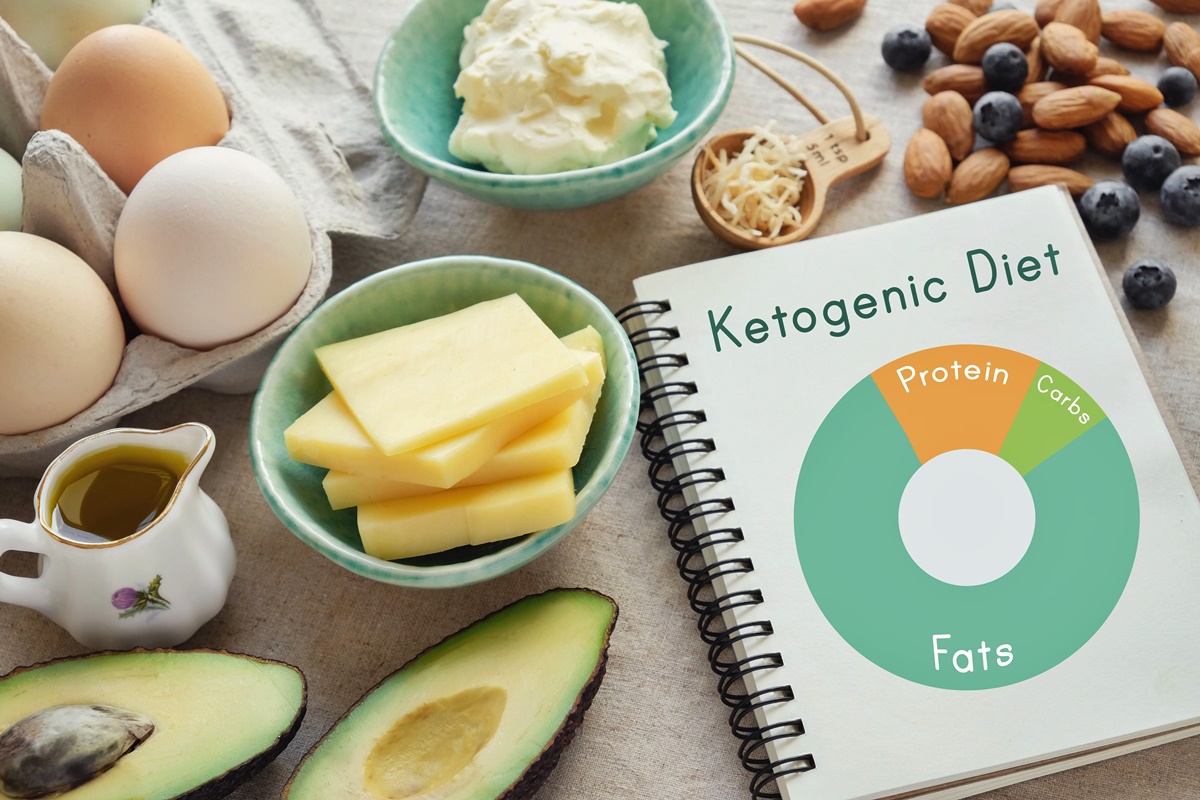Welcome to My Food Blog!
Today, I want to talk about one of the most well-known diets out there – the Atkins Diet. Whether you’re looking to lose weight, improve your health, or simply curious about different eating lifestyles, the Atkins Diet has gained quite a following over the years. So, let’s dive right in and answer the question: What is the Atkins Diet?
Named after its creator, Dr. Robert Atkins, the Atkins Diet is a low-carbohydrate eating plan that focuses on consuming healthy fats and proteins while minimizing refined carbs. It is designed to help you burn fat and achieve optimal health by shifting your body’s metabolism from relying on carbohydrates for energy to burning stored fat instead.
How Does the Atkins Diet Work?
The primary principle of the Atkins Diet is to drastically reduce your carbohydrate intake, resulting in a state called ketosis. Ketosis occurs when your body runs out of carbohydrates to use as fuel and starts breaking down fat for energy instead. By minimizing carbohydrates, your body is forced to tap into its fat stores, helping you shed those extra pounds.
Here’s a breakdown of the different phases of the Atkins Diet:
- Phase 1: Induction – This is the strictest part of the diet, lasting for around two weeks. During this phase, you aim to consume fewer than 20 grams of carbohydrates per day, primarily from vegetables.
- Phase 2: Ongoing Weight Loss – In this phase, you gradually increase your daily carb intake by adding in nutrient-dense fruits, nuts, and low-carb vegetables.
- Phase 3: Pre-Maintenance – As you approach your weight loss goals, you can continue to increase your carb intake by adding more whole grains and starchy vegetables.
- Phase 4: Lifetime Maintenance – Once you’ve reached your desired weight, you enter this phase, where you can enjoy a wider variety of foods while still maintaining a moderate carbohydrate intake.
Is the Atkins Diet Effective?
The effectiveness of the Atkins Diet depends on various factors, including your adherence to the plan and your individual body composition. Many people have reported significant weight loss, improved blood sugar and cholesterol levels, and increased energy while following this eating approach.
However, like any diet, the Atkins Diet has its pros and cons. On the positive side, it encourages whole, unprocessed foods, and it may help curb cravings and control hunger. On the downside, some individuals may experience initial side effects such as fatigue, constipation, or bad breath, commonly known as “keto breath.”
Final Thoughts
The Atkins Diet can be a useful tool for weight loss and improving overall health, especially if you have a preference for low-carb eating. However, it’s essential to listen to your body, personalize the diet to meet your specific needs, and consult with a healthcare professional before making any significant dietary changes.
Remember, what works for one person may not work for another. It’s always best to find an eating plan that you can sustain in the long term and that aligns with your individual preferences and goals.
That’s all for now, but stay tuned for more food-related topics on this blog! And don’t forget to share your thoughts and experiences with the Atkins Diet in the comments below. Happy eating!











